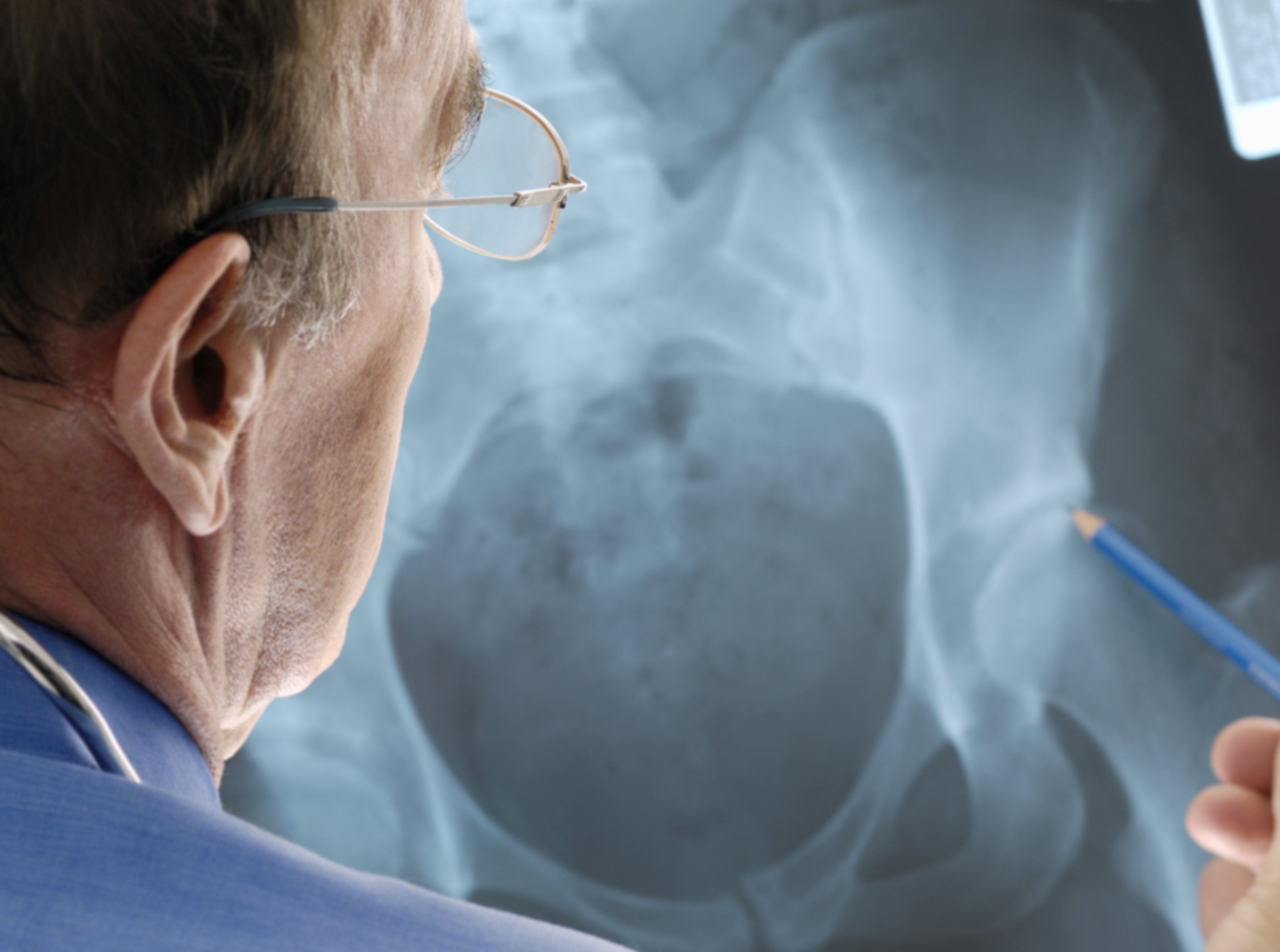Seeing an orthopaedic surgeon
If your doctor recommends you see a specialist orthopaedic surgeon, you may be wondering what to expect. Every orthopaedic evaluation is different, but there are many common tests an orthopaedic surgeon may consider in evaluating your condition. During your first appointment, the surgeon will usually go through:
+ A thorough medical history
+ A physical examination
+ Arranging X-rays
+ Additional tests, as needed
During the physical examination, the orthopaedic surgeon may examine your standing posture, how you walk (your gait), and how you sit and lie down. This helps to confirm (or to rule out) the possible diagnosis. It also allows the orthopaedic surgeon to check other important aspects of your hips and knees, including:
+ Size and length
+ Strength
+ Range of motion
+ Swelling
+ Reflexes
+ Skin condition
+ Circulation
If you are experiencing pain in your hip joint, they may also examine your back as hip pain could be the result of problems in the lower spine.
Based on the diagnosis, your treatment options may include non-surgical or surgical treatment.
-
Additional tests for joint pain
After the physical examination, the surgeon may request additional tests to confirm the diagnosis, such as:
- X-rays to see how much joint damage or deformity exists
- Laboratory test of your blood, urine, or joint fluid, to identify specific types of arthritis, or rule out certain diseases
- Specialised back X-rays to confirm hip pain isn’t being caused by a back problem
- Magnetic Resonance Imaging (MRI) or a bone scan to determine the condition of the bone and soft tissues of the affected joint
- Computer Assisted Tomography (CT)
- Doppler / ultrasound to assess circulation

-
Questions for your surgeon
Make the most of your limited time with the specialist by preparing a list of questions. Some basic questions to ask your doctor include:
- What’s the most likely cause of my problems?
- What treatment options are available?
- Which do you recommend for my situation?
- If I have surgery, what’s the average recovery time?
- If I don’t have surgery, what are the consequences of this decision?
- How will I need to restrict my activities during or after treatment?
- Are there any fact sheets or printed information I can take home with me to read?
- Are there any reliable websites that I can visit?
-
What if joint replacement is recommended?
It’s important to fully understand how this procedure will work, so make sure you also ask your surgeon the following questions1,2:
- Are there any pain relief alternatives that could work just as well as total joint replacement surgery?
- If I have a total joint replacement, how much will it relieve my pain?
- How is the procedure done?
- What are the risks of joint replacement surgery?
- What can be done to reduce these risks?
- What do you do to manage the pain after surgery?
- How long will I need to stay in hospital?
- Will I need to spend time in a rehabilitation unit?
- How soon after surgery will I get back to normal daily activities?
- After the operation will I continue to see my local doctor (GP) for follow up care?
- How long will my replacement joint last?
- If I have a total joint replacement, will you perform my surgery?
- When might you be able to perform the surgery, and how should I manage my pain and mobility until then?
- What activities can I do after joint replacement surgery?
- What won’t I be able to do after joint replacement surgery?
- What do you expect my level of function and physical activity will be after my surgery?
- Will my joint replacement operation be covered by my private health insurance?
- What should I do if I have more questions?
Go to Finding an orthopaedic surgeon
1) https://www.arthritis.org/about-arthritis/understanding-arthritis/diagnosing-arthritis.php – accessed June 2019
2) https://www.betterhealth.vic.gov.au/health/servicesandsupport/seeing-a-specialist accessed June 2019
